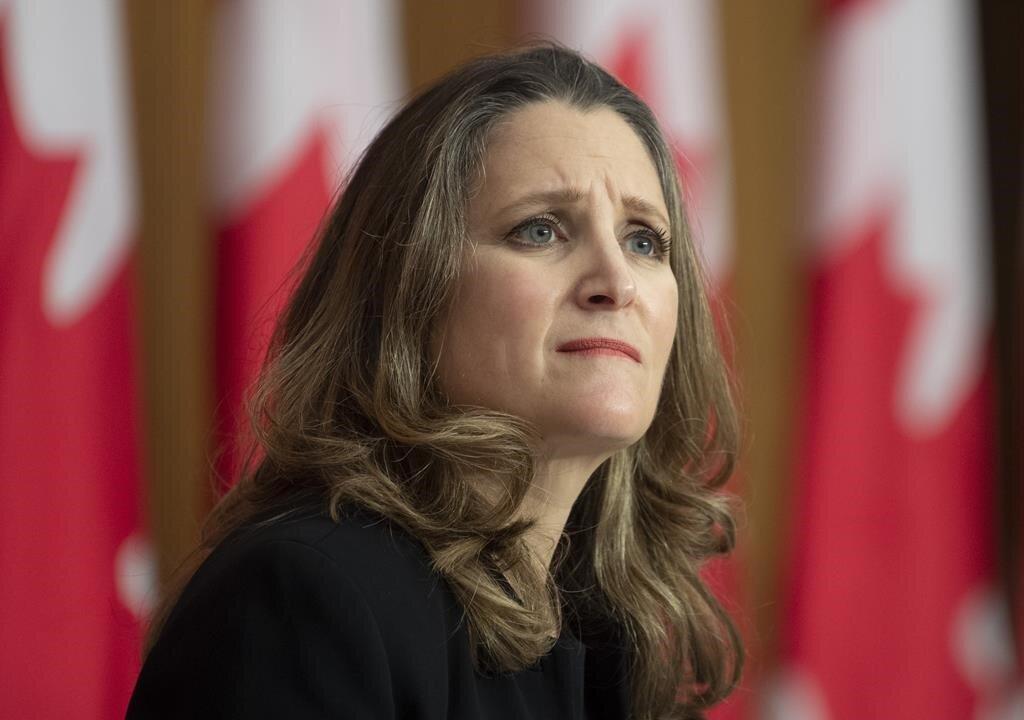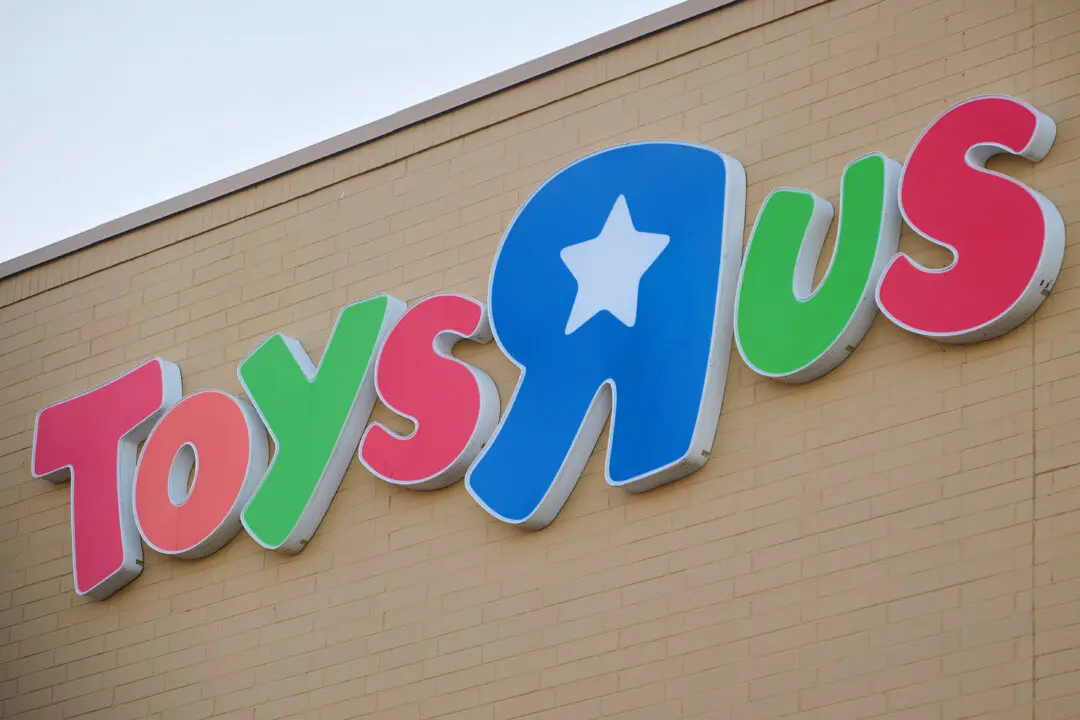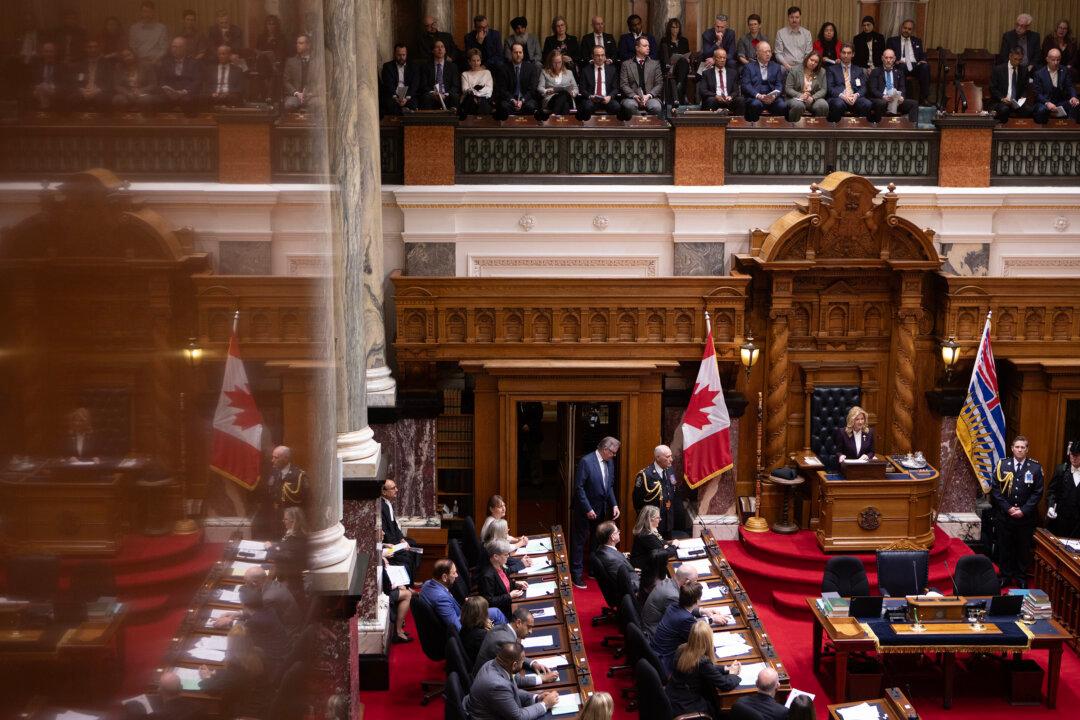OTTAWA—The federal Liberals are proposing $25 billion in new spending to help Canadian businesses and workers make it through a COVID−19 winter and vowing tens of billions more to help the country recover from the pandemic.
The government’s fall economic update proposes to send extra child−benefit payments to families next year as well as cash for skills training and to create new jobs.





